Stock Buybacks: 6 Quality Companies Rewarding Investors
Stock buybacks have been big in recent years, and these six firms are repurchasing impressive amounts of their own shares.

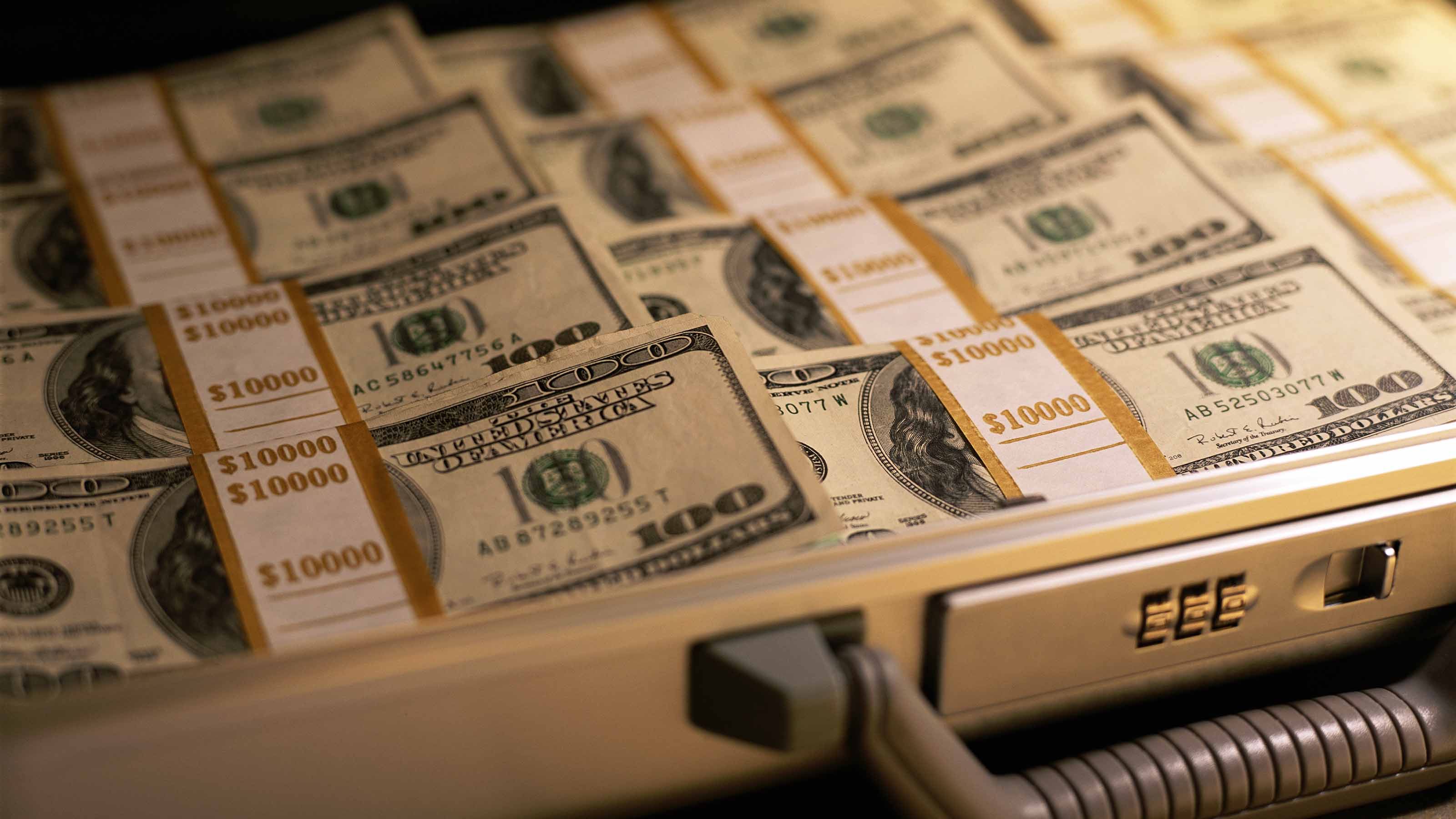
Profit and prosper with the best of Kiplinger's advice on investing, taxes, retirement, personal finance and much more. Delivered daily. Enter your email in the box and click Sign Me Up.
You are now subscribed
Your newsletter sign-up was successful
Want to add more newsletters?

Delivered daily
Kiplinger Today
Profit and prosper with the best of Kiplinger's advice on investing, taxes, retirement, personal finance and much more delivered daily. Smart money moves start here.

Sent five days a week
Kiplinger A Step Ahead
Get practical help to make better financial decisions in your everyday life, from spending to savings on top deals.

Delivered daily
Kiplinger Closing Bell
Get today's biggest financial and investing headlines delivered to your inbox every day the U.S. stock market is open.

Sent twice a week
Kiplinger Adviser Intel
Financial pros across the country share best practices and fresh tactics to preserve and grow your wealth.

Delivered weekly
Kiplinger Tax Tips
Trim your federal and state tax bills with practical tax-planning and tax-cutting strategies.

Sent twice a week
Kiplinger Retirement Tips
Your twice-a-week guide to planning and enjoying a financially secure and richly rewarding retirement

Sent bimonthly.
Kiplinger Adviser Angle
Insights for advisers, wealth managers and other financial professionals.

Sent twice a week
Kiplinger Investing Weekly
Your twice-a-week roundup of promising stocks, funds, companies and industries you should consider, ones you should avoid, and why.

Sent weekly for six weeks
Kiplinger Invest for Retirement
Your step-by-step six-part series on how to invest for retirement, from devising a successful strategy to exactly which investments to choose.
One of the primary reasons companies undergo stock buybacks is because it can have a salubrious effect on the shares that remain outstanding. Mathematically, this is true.
A simple example will illustrate the point. If a company has 1 million shares outstanding, earns $2 per share and trades at $30 per share, it has a price-to-earnings (P/E) ratio of 15, i.e., $2 per share times 15 equals $30. But what happens if this company buys half of its shares back? Its earnings per share will become $4. If the market continues to value the company at 15 times earnings, the stock price should trade up to about $60, a big jump.
Here, we look at some of the most aggressive buyers of their own shares. For instance, Marathon Petroleum (MPC) has bought back about 29% of its shares over the last four quarters according to FactSet. Steel Dynamics (STLD) has bought back about 11%, small by comparison, but still a big number.
If you remain in a stock where buybacks are high, it's important to assess the overall health of the company, since a decline in earnings will ultimately take the shares down. Also important is to look at the stock buybacks relative to the cash the company is generating from operations.
Large buybacks relative to cash flow can spell trouble if a company's fortunes change, but even absent trouble, it can also bring the buyback program to a halt. In that case, an investor is simply left with a company that must succeed on its merits and not its metrics. As a result, investors should not buy a stock because of buybacks, but fundamentally superior stocks that buy their own shares aggressively have the wind at their backs.
Below, we take a closer look at six companies actively involved in stock buybacks.
Data is as of March 29. Dividend yields are calculated by annualizing the most recent payout and dividing by the share price.
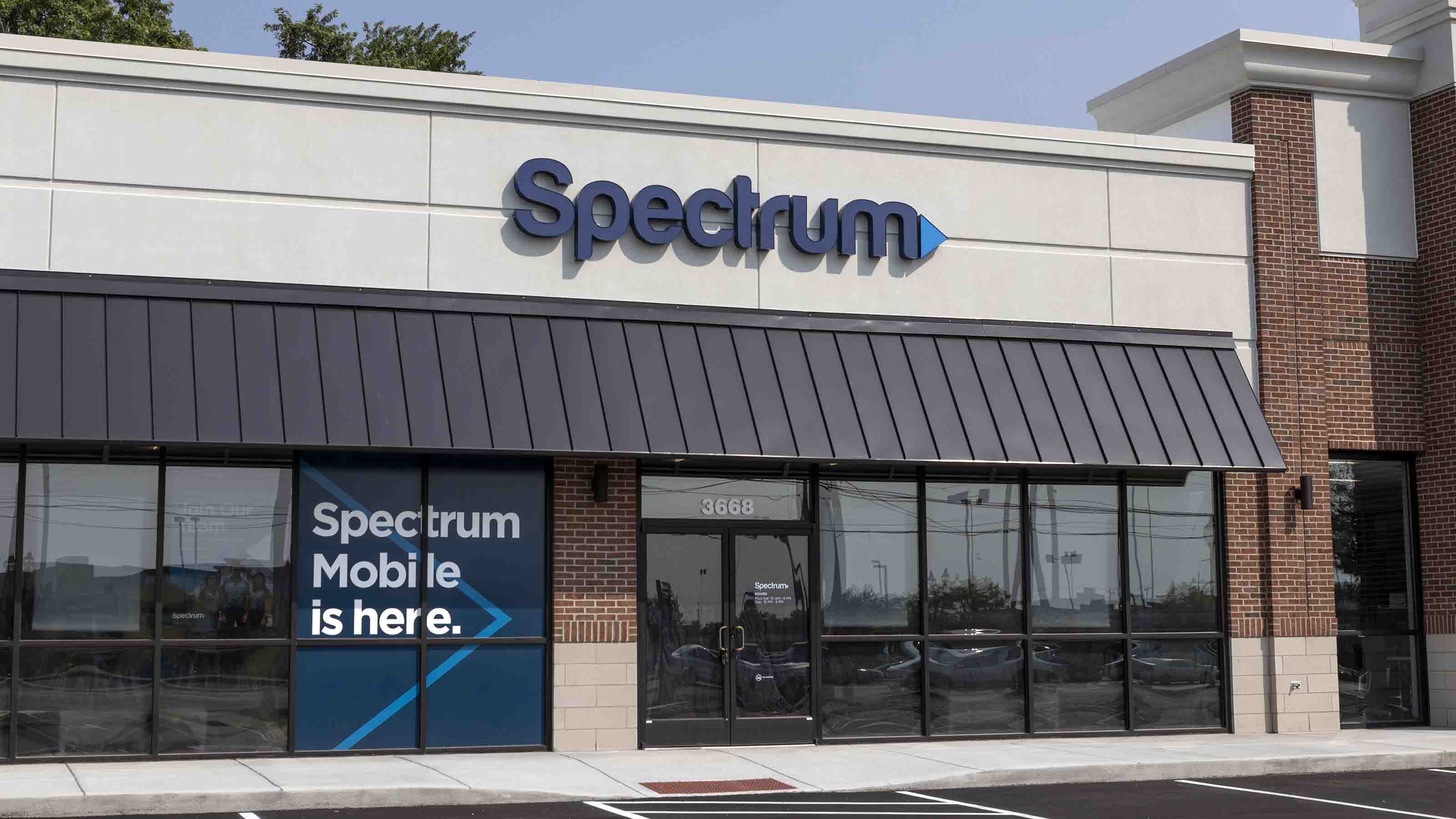
Charter Communications
- Market value: $53.4 billion
- Dividend yield: N/A
Internet and cable provider Charter Communications (CHTR, $349.71) has been reducing its share count since 2016, when it reached a high of 270 million shares. This was also the year Charter purchased Time Warner Cable and Bright House Networks for $67 billion.
Since then, Charter has whittled its share count which now sits at about 153 million shares. According to the latest 10K filing, the company can purchase about $400 million under its current authorization, which, at today's prices, could be another 1.2 million shares.
Merger-related costs took the punch out of 2017 earnings, but since 2016, Charter has grown total earnings at 6.2% annually. Owing to the reduction in share count over the past six years, earnings per share have increased almost twice as quickly, at 12% average annually.
The communication services stock has responded in kind, rising from about $175 to today's $350, a neat double. All of this was a bit more compelling in the summer of 2021, however, when CHTR shares reached a peak of more than $800. Still, a double is a double.
Buying the buybacks is a strategy that works when you are in the stock for a long time, which begs the question of whether or not Charter is a good long-term hold. This may be more questionable. First, the cable and internet businesses are wracked by fierce competition and rapid technological change. Who knows what's next? Second, sales, earnings and margin growth, while positive, have been tepid at Charter.
The last item that merits a close eye at Charter is the amount of shares bought back in 2022 as a percentage of cash from operations. CHTR operations generated about $15 billion in cash last year, and the company bought back $10.2 billion in stock, a high ratio by some yardsticks.
With capital expenditures at $9 billion, that means Charter is funding stock buybacks with debt. The company already has more than $97 billion in debt. With interest rates rising across the board, refinancing debt, if not less likely, is definitely more expensive and this could bring the buyback game to an end at CHTR.
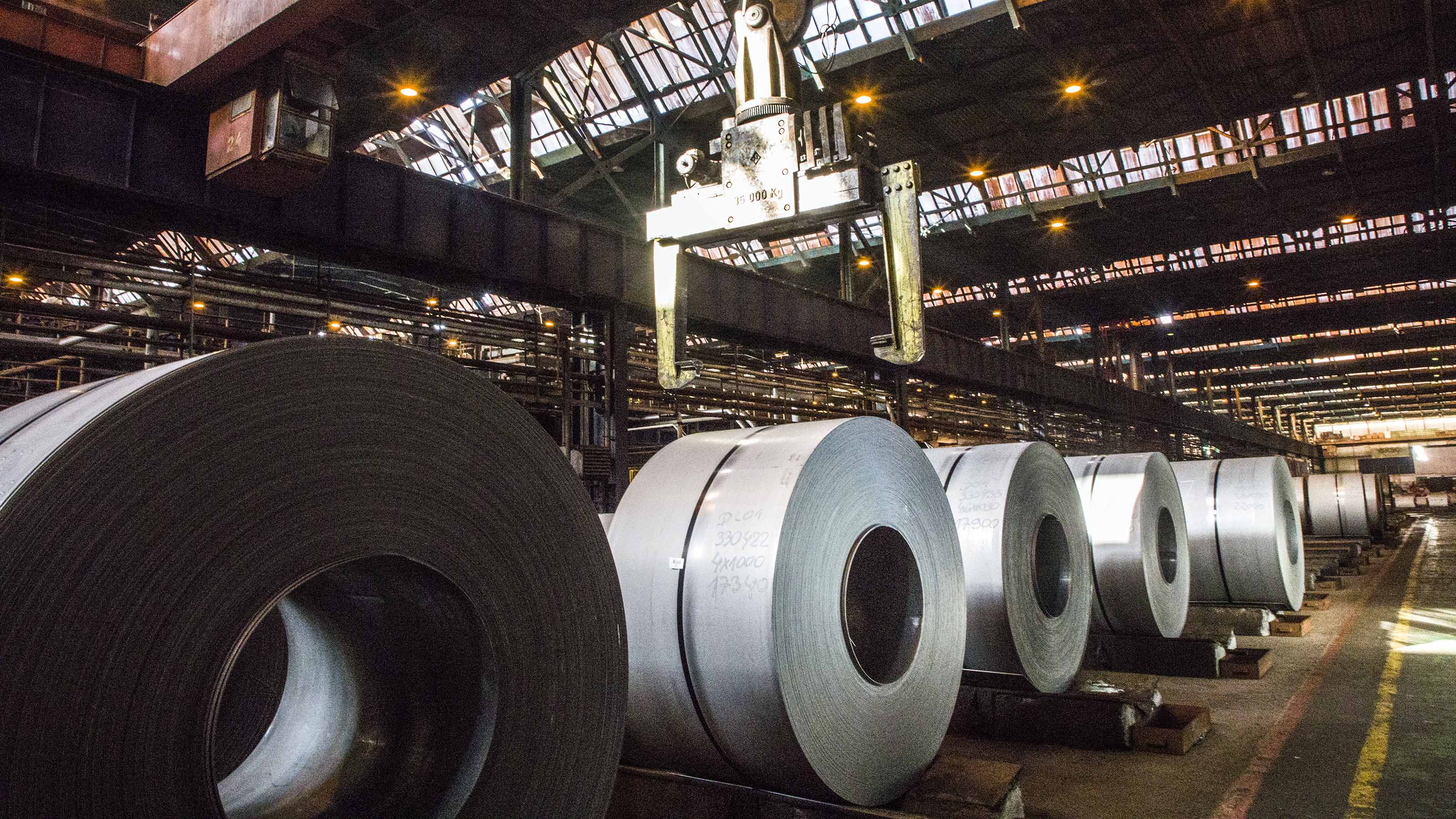
Steel Dynamics
- Market value: $19.0 billion
- Dividend yield: 1.5%
The share count at Steel Dynamics (STLD, $110.04), which makes a variety of steel products, reached a high in 2016 at around 244 million shares. At the end of last year, the figure was approximately 175 million, a reduction of 28%.
Since that time, earnings per share have grown at about 56% per year on average. Total earnings, i.e., profits before dividing by the number of shares outstanding, grew 47%, indicating that share repurchases drove earnings per share by about nine percentage points each year.
If you have held onto STLD during this time, you have been richly rewarded, with shares rising from about $18 to the current $113. Shorter term, shares might be choppier. Spending that accompanied the recovery from COVID is abating. Further, 50% of revenues are construction-related, which is interest-rate sensitive, and would be susceptible to a recession, should one occur. And finally, the fortunes of STLD are tied to steel prices which it cannot control.
For now, however, steel prices are a benefit. Using rebar as a proxy for the market at large, prices bottomed out in November of last year at about $3,500 a ton, but have since risen 20% to the current price of roughly $4,200.
A recession is in the offing, but against this possibility are a construction boom as China reopens and a generation shift in energy infrastructure for green, as well as traditional, power sources. When you look at a wind farm stretching off to the horizon, think steel.
Steel Dynamics is a well-managed company. Since 2016, It has acquired mills, built others and added additional capacity. While earnings and the return on equity have been lumpy during this period, overall, the trajectory is upward, and at intervals spectacularly so.
Slated for 2024 is a biocarbon facility that will provide some of its mills with a renewable alternative to fossil fuel carbon. In 2025, a $2.5 billion aluminum mill is slated to come on line.
Finally, STLD offers a modest dividend, around 1.5% but has grown it on average about 17% annually since 2016.

PulteGroup
- Market value: $12.9 billion
- Dividend yield: 1.1%
Homebuilding is the kind of business that could easily, and perhaps justifiably give an investor the willies these days. Inflation is driving up the cost of materials, mortgage rates have been on the rise and there's the threat of a looming recession. And though this is the recession that never arrives, its looming prospect is making homebuyers twitchy.
However, if investors only bought stocks under ideal conditions, they might never buy anything.
The case for PulteGroup (PHM, $57.15) is the inexorable demand for new homes, a strong balance sheet, a strong market position backed with skilled management and a commitment to buying its shares back that has sent earnings per share soaring.
Pulte has been reducing its share count since 2012. Over the last five years starting in 2017, shares have shrunk from 287 million to about 226 million, a reduction of 21%. During this time, earnings per share have soared, growing from $2.24 in 2017 to last year's $11.01, or 37.5% average annually. Total earnings, i.e., not earnings per share, have grown at about 30% average annually, indicating that stock buybacks have seven and a half percentage points to earnings per share each year.
With such a stellar contribution to earnings per share, the wise investor might ask if PHM's financial performance can support continued buybacks. Maybe.
Pulte bought $1.1 billion of its own shares in 2022, but cash flow from operations was just $668 million. It didn't take out debt to fund these purchases, but largely drew down its cash on hand. In 2021, cash from operations was greater than share repurchases. The change was driven by a big spike in homes in inventory, almost doubling in 2022 to $2.3 billion and hoovering up a lot of PHM's cash in the process.
The company authorized a fresh $1 billion for share repurchases about a year ago, and has about $383 million in dry powder. Earnings are expected to dip in 2023, so there may be a pause, but since Pulte has been reducing its share count every year for more than a decade, it may be the pause that refreshes.
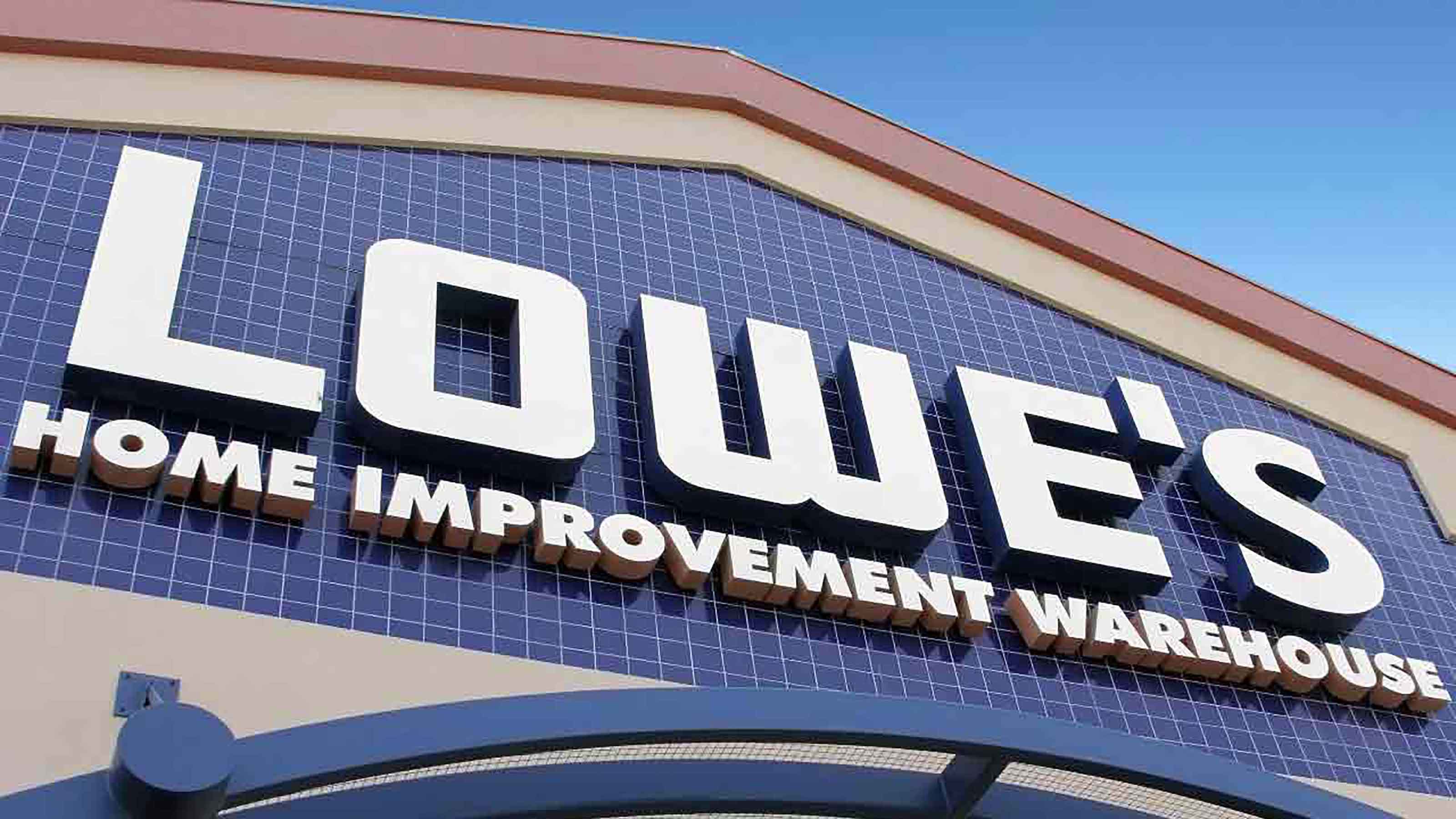
Lowe's
- Market value: $114.5 billion
- Dividend yield: 2.2%
In an inflationary environment, consumer spending typically takes a hit and Lowe's (LOW, $191.94), a home improvement retailer, has been hurt by this trend. Unsurprisingly, in its fourth-quarter results, the company reported a drop of 1.5% in its comparable sales versus year-ago figures. Earnings per share also fell to $1.58 for the quarter from $1.78 of the previous year.
But while the short term looks uncertain for LOW, the stock merits long-term consideration due to its strong commitment to return excess capital to its shareholders. The company has been consistently reducing its share count every year, managing to decrease the number of shares by almost half, from 1.24 billion in 2011 to 670 million in 2021. In 2022, the company bought back 71 million more shares for a total of $14.1 billion. The Dividend Aristocrat also paid its shareholders $2.4 billion in dividends for the year.
Lowe's impressive cash flow generation, thanks to a strong gross margin of 33.2% and an admirable operating margin of 10.5% in 2022, sets the stage for continued stock buybacks.
That said, the company's buyback activity has been aggressive relative to cash. For the nine months ended Oct. 28, year-to-date stock repurchases were $12.1 billion, while cash flow from operations was $8.1 billion. Lowe's investment-grade rating enables it to raise debt capital relatively easily, and it did during the first nine months of the year to the tune of $9.7 billion, which, de facto, financed some of the repurchases. This can continue, but cannot go on forever.
While the company's 2023 outlook is muted, LOW remains confident in the medium- and long-term outlook for the discretionary sector, with plans of strengthening its Total Home strategy to establish itself as a one-stop shop for both DIY and Pro customers in the U.S.
The company's decision to divest out of its Canadian retail business, which was finalized last quarter, also indicates that Lowe's is ready to cut underperforming areas and focus on segments of its business with more growth potential.
LOW is now trading about 10% below its value a year ago. For investors who are looking for a stable company that provides a steady stream of passive income, the stock is worth considering.
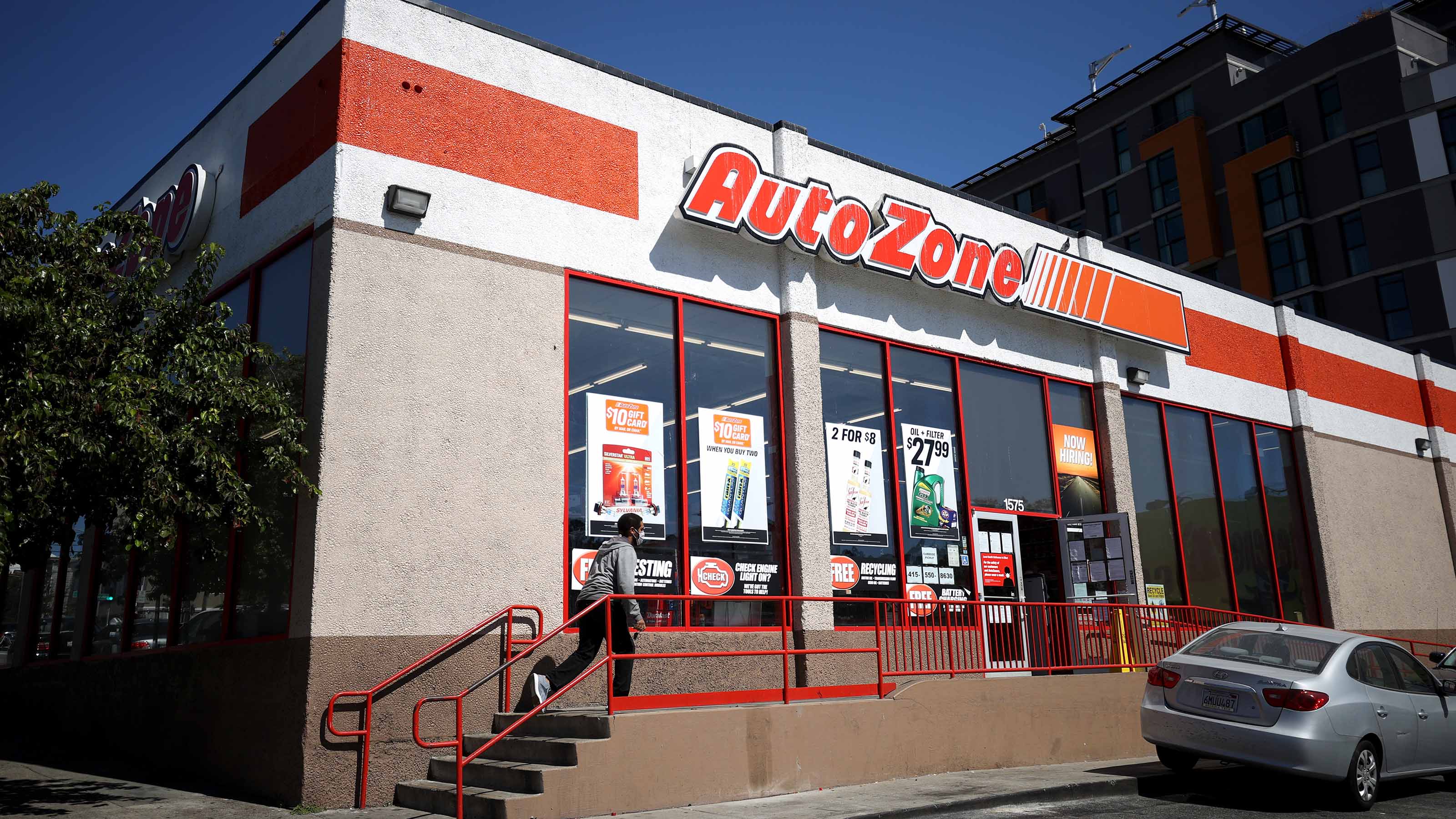
AutoZone
- Market value: $44.1 billion
- Dividend yield: N/A
AutoZone (AZO, $2,395.37) has been aggressive with its stock buybacks for decades now, making shares very attractive, especially for long-term investors. In fact, the company's share count has gone down to less than a third of what it was 15 years ago – from 66 million shares in 2007 to just 19 million in 2022. It seems as if AZO management is taking the company private drip by drip.
Fueling its share buyback program is AutoZone's healthy cash flow, maintaining its operating margin above 20% in the past decade, and growing its profit consistently over the same period.
Further, in the current environment where prices of new cars in the U.S. are going through the roof, and with higher interest rates, more consumers are deciding to hang onto their current wheels, even if it's a clunker.
This is good news for automotive parts and accessories retailers like AutoZone, which saw 5.3% growth in same-store sales last quarter, and an increase of 6.9% in operating profit. In fact, AutoZone's same-store sales growth consistently beats growth in total auto parts sold at retail.
Nevertheless, the same forces that help buoy AZO's profits could be a double-edged sword. That is, higher fuel costs and smaller wallets may tamp down driving altogether or cause consumers to seek other transportation alternatives altogether. Electric vehicles (EVs), while not immune to the auto parts business, require less maintenance, and for now, are too intimidating for most do-it-yourselfers.
AZO has been a consistent long-term buyer of its stock, but recently, it has been an aggressive buyer too. For instance, in 2020, share repurchases of about $930 million were about a third of cash flow from operations. In 2021, share repurchases were almost equal to cash flow from operations, and in 2022, the $4.44 billion in stock buybacks were $1.2 billion more than cash from operations. This is good for earnings per share, but levers up the company through the issuance of more debt.
Mixing and stirring, this could mean that AZO eases back on share repurchases. After all, the debt needed to finance share repurchases in excess of cash from operations is going to be more expensive due to interest rate increases and may stay that way due to generally hawkish Fed policies.
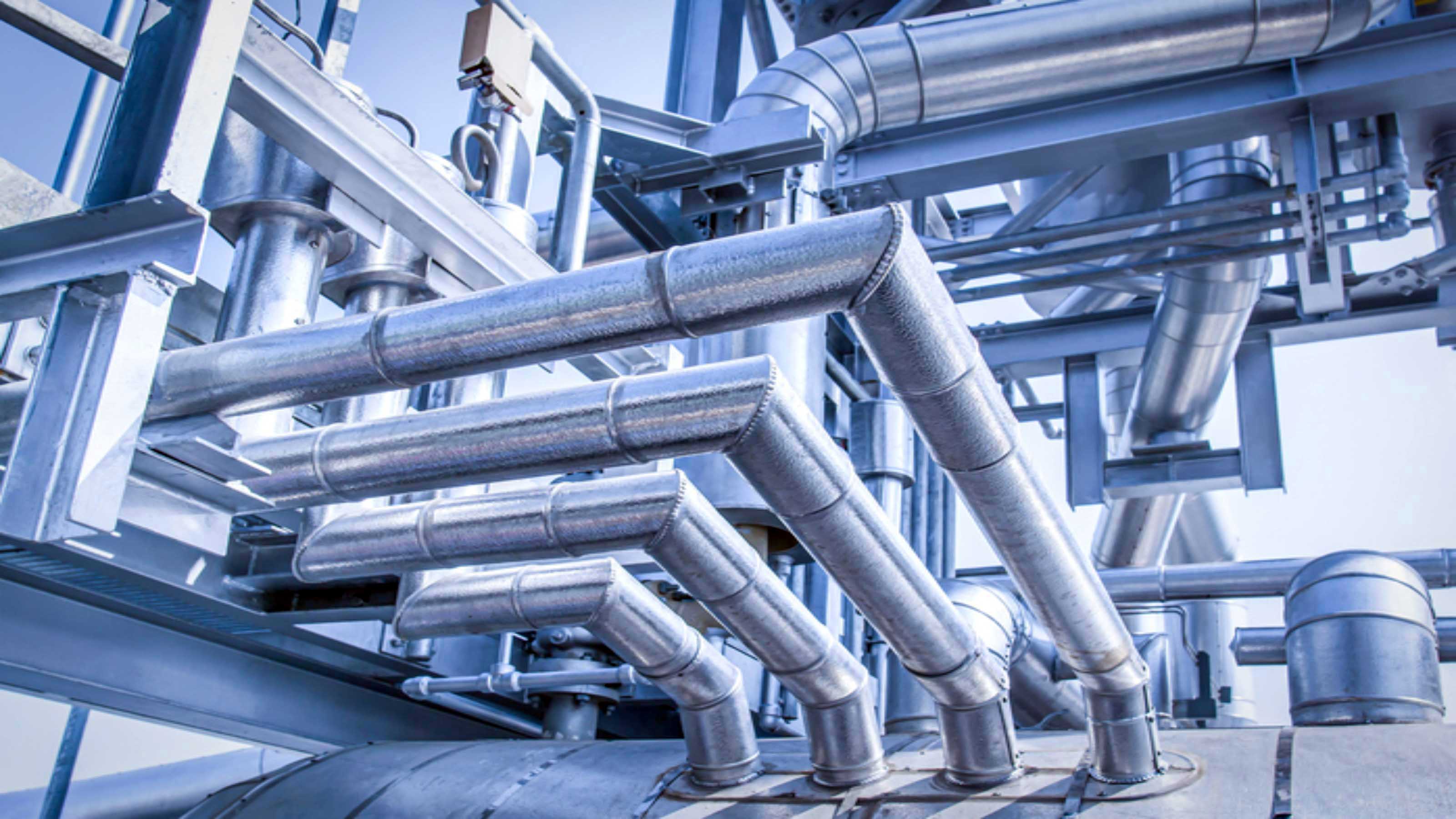
Marathon Petroleum
- Market value: $60.3 billion
- Dividend yield: 2.2%
Marathon Petroleum (MPC, $133.94), a crude oil refiner based in Ohio, has slowly but surely been repurchasing its own stock – from a high of 680 million shares in 2018, the company's share count now stands at 442 million. The share count reduction has driven an increase in earnings per share, albeit a lumpy one, but what's really driving MPC earnings are energy prices – making the stock worthy of consideration for investors to buy.
Longer term, stock buybacks will exert their influence, and Marathon is an enthusiastic buyer of its own shares, making nearly $12 billion of purchases during 2022. This was below cash provided from operations, which was $16.3 billion. In 2020, Marathon didn't purchase any stock, and in 2021 it bought nearly $5 billion, suggesting that its appetite may be tied to energy prices.
Looking at short-term trends, the energy stock has benefited from the geopolitical uncertainties and sanctions imposed against Russia, one of the biggest oil and gas producers in the world. In fact, MPC almost doubled its net income in the most recent fiscal year, from $9.7 billion in 2021 to $14.5 billion in 2022.
With the reopening of China and easing travel restrictions due to COVID, as well as the continued unpredictability of the Russia-Ukraine war, things are looking good for MPC in the medium term.
Additionally, crude oil prices are expected to firm up soon due to rising demand in spring as the weather improves. Gasoline inventories in the U.S. are currently at the lowest level in 10 years, so refiner stocks like MPC remain very attractive. Marathon is currently trading about 58% higher than its value a year ago.
Still, with the Fed still hiking interest rates, the looming threat of a recession could dampen demand. Regardless, the energy patch remains the oasis for the foreseeable future, and with MPC's strong fundamentals and prospects for the future, the stock is worth considering now. As they say, strike while the iron is hot.
Profit and prosper with the best of Kiplinger's advice on investing, taxes, retirement, personal finance and much more. Delivered daily. Enter your email in the box and click Sign Me Up.

-
 Look Out for These Gold Bar Scams as Prices Surge
Look Out for These Gold Bar Scams as Prices SurgeFraudsters impersonating government agents are convincing victims to convert savings into gold — and handing it over in courier scams costing Americans millions.
-
 How to Turn Your 401(k) Into A Real Estate Empire
How to Turn Your 401(k) Into A Real Estate EmpireTapping your 401(k) to purchase investment properties is risky, but it could deliver valuable rental income in your golden years.
-
 My First $1 Million: Retired Nuclear Plant Supervisor, 68
My First $1 Million: Retired Nuclear Plant Supervisor, 68Ever wonder how someone who's made a million dollars or more did it? Kiplinger's My First $1 Million series uncovers the answers.
-
 Dow Adds 1,206 Points to Top 50,000: Stock Market Today
Dow Adds 1,206 Points to Top 50,000: Stock Market TodayThe S&P 500 and Nasdaq also had strong finishes to a volatile week, with beaten-down tech stocks outperforming.
-
 Stocks Sink With Alphabet, Bitcoin: Stock Market Today
Stocks Sink With Alphabet, Bitcoin: Stock Market TodayA dismal round of jobs data did little to lift sentiment on Thursday.
-
 Dow Leads in Mixed Session on Amgen Earnings: Stock Market Today
Dow Leads in Mixed Session on Amgen Earnings: Stock Market TodayThe rest of Wall Street struggled as Advanced Micro Devices earnings caused a chip-stock sell-off.
-
 Nasdaq Slides 1.4% on Big Tech Questions: Stock Market Today
Nasdaq Slides 1.4% on Big Tech Questions: Stock Market TodayPalantir Technologies proves at least one publicly traded company can spend a lot of money on AI and make a lot of money on AI.
-
 Fed Vibes Lift Stocks, Dow Up 515 Points: Stock Market Today
Fed Vibes Lift Stocks, Dow Up 515 Points: Stock Market TodayIncoming economic data, including the January jobs report, has been delayed again by another federal government shutdown.
-
 Stocks Close Down as Gold, Silver Spiral: Stock Market Today
Stocks Close Down as Gold, Silver Spiral: Stock Market TodayA "long-overdue correction" temporarily halted a massive rally in gold and silver, while the Dow took a hit from negative reactions to blue-chip earnings.
-
 The New Fed Chair Was Announced: What You Need to Know
The New Fed Chair Was Announced: What You Need to KnowPresident Donald Trump announced Kevin Warsh as his selection for the next chair of the Federal Reserve, who will replace Jerome Powell.
-
 Nasdaq Drops 172 Points on MSFT AI Spend: Stock Market Today
Nasdaq Drops 172 Points on MSFT AI Spend: Stock Market TodayMicrosoft, Meta Platforms and a mid-cap energy stock have a lot to say about the state of the AI revolution today.
